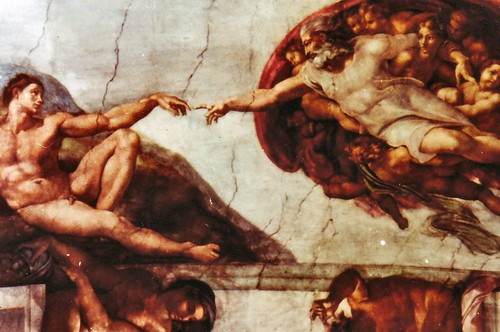The act of creation implies movement and rest. What does the Sabbath represent, for our inner work along the Fourth Way today?
Starting with Genesis: Movement and Rest
From the very first chapter of the Bible, we read of the idea of movement and rest. The act of creation represents movement, over the first six days, with rest as the result of the six days of movement.
All sacred texts carry the message of awakening. These texts can help us embrace their more esoteric spiritual meaning, if we receive the opportunity.
Keys of Wisdom Schools
Spiritual interpretations of sacred texts carry their own keys. Schools of wisdom taught their initiates a way to promote and prolong a state of divine presence. A contemporary school calls this formula “the sequence.”
Six Breaths of Movement and Rest
The sequence is an exercise involving breathing. It involves the inhalation and exhalation of six breaths, while uttering a specific one-syllable word on each exhale. Four wordless breaths follow these six breaths.
The six breaths represent movement—the effort to promote presence. The four wordless breaths represent rest—the state of prolonged presence. One key to the concept of the six days of creation are these six inhalations and exhalations of the sequence.
The Sabbath Day of Rest
The Sabbath can represent the divine state of prolonged presence. The entire aim of creation was to allow man to attain the Sabbath—the serene state of presence. We can note the Biblical commandment to do no work on the Sabbath in this esoteric context. Once we complete our labor, such as the sixth breath with its syllables, we must stop all work. We cease to promote presence, to rest in the wordless and divine state of presence that next appears.

Movement and Rest in Psalms
There is a curious passage in Psalm 132. “Arise, O Lord, into the rest.” What is the logic of asking the Lord to arise, only to have him rest?
The answer to this question is a perfect example of movement and rest. Through effort, we arise from our spiritual sleep (movement) so that we may form a union with our inner God (third eye) and rest in presence.
Indeed, we may experience the Sabbath seven days a week, by promoting a sequence and resting in the divine state that results.
Benjamin Yudin is a nationally-known presenter on esoteric themes in the Bible. He has been a student for forty years of the Fourth Way.
